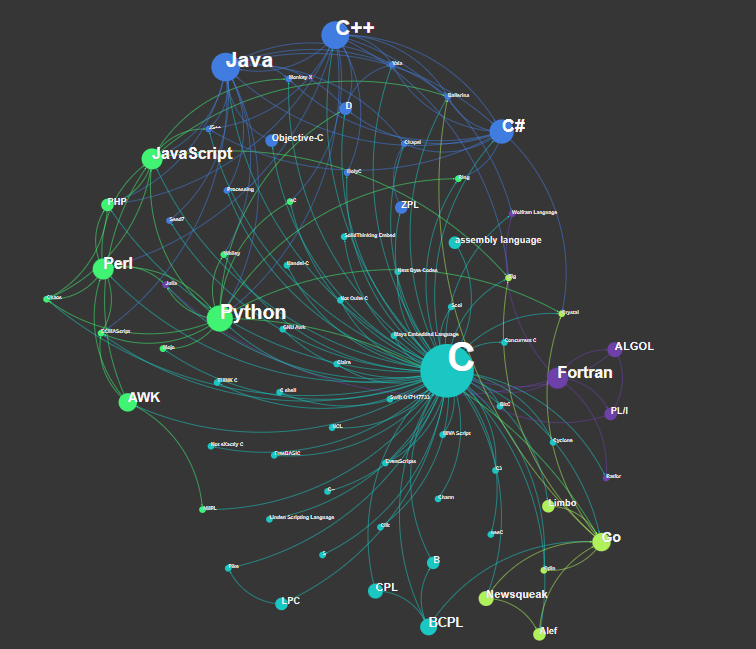~ by RAKA on 30-July-2023

~ by RAKA on 30-July-2023
Welcome to a journey that will take you from a beginner to an expert in the C programming language. This foundational language, created by Dennis Ritchie at Bell Labs in the early 1970s, has remained relevant for decades, powering everything from system programming to real-time applications.
1. What is C?
C is a general-purpose procedural programming language known for its efficiency, flexibility, and portability. It is widely used in developing operating systems, embedded systems, and large-scale applications. Its popularity is a testament to its robustness and wide-ranging applications across industries.

Figure 1

2. Why Learn C?
There are several compelling reasons to start with C:
2.1. Low-Level Access
C provides low-level access to memory and hardware, making it ideal for systems programming.
2.2. Industry Relevance
Many large-scale systems, libraries, and operating systems (like Linux) are written in C.
2.3. High Performance
C excels in real-time applications like gaming, graphics, and simulations, where performance is crucial.
2.4. Starting Point
For beginners, C offers a strong foundation in programming concepts that are transferable to other languages
3. Importance of Learning C
3.1. Systems Programming
C is the language of choice for developing operating systems, device drivers, and other low-level applications.
3.2. Industry Foundation
C serves as the backbone for many modern programming languages like C++, Java, and even Python.

Figure 2

Image Source: programminglanguages.info
4. Different Standards of C
Over the years, the C language has evolved through various standards:
4.1. K&R C (1978)
The original version of C, introduced in The C Programming Language by Brian Kernighan and Dennis Ritchie.
4.2. ANSI C / C89 (1983)
The first official standard, adding features like volatile, enum, and const.
4.3. C99 (1999)
Introduced new keywords like _Bool, _Complex, and restrict, along with new header files like
4.4. C11 (2011)
The latest version, designed to improve multithreading, memory models, and added features like _Thread_local and _Static_assert.
